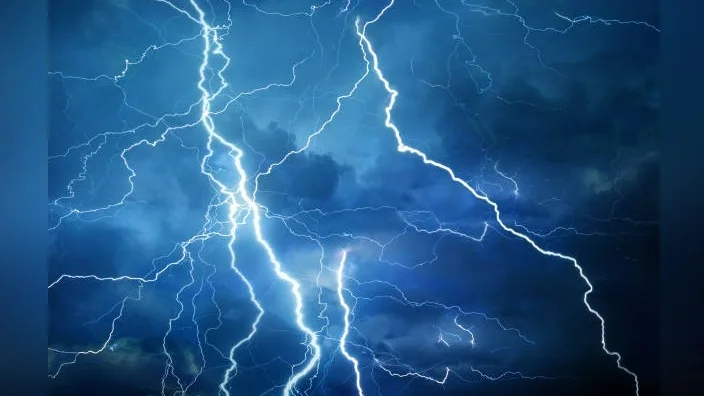The U.S. Supreme Court has upheld a Texas law requiring age verification for access to online pornography, aligning with the U.S. Conference of Catholic Bishops' earlier proposal. The decision, delivered on June 27, addresses concerns about minors accessing explicit content.
In 2023, Texas enacted legislation mandating that commercial websites featuring sexually explicit material verify users are at least 18 years old. This applies to sites where one-third or more of the content is deemed "harmful to minors."
The case, Free Speech Coalition v. Paxton, questioned whether the 5th U.S. Court of Appeals should have used strict scrutiny in its evaluation. Representatives from the pornography industry challenged Texas Attorney General Ken Paxton, arguing that the law violated First Amendment rights and restricted adult access to such sites.
However, in a 6-3 decision, the justices ruled that the law “only incidentally burdens the protected speech of adults” and does not require strict scrutiny.
The bishops had urged civil leaders in their document “Create in Me a Clean Heart” to implement age verification on pornographic websites as children are increasingly exposed at younger ages. They cited Matthew's Gospel: “Whoever causes one of these little ones who believe in me to sin, it would be better for him to have a great millstone hung around his neck and to be drowned in the depths of the sea.”
Justice Clarence Thomas authored the opinion with Justices Elena Kagan, Sonia Sotomayor, and Ketanji Brown Jackson dissenting. Thomas stated that states have authority over preventing children's access to explicit content and described Texas's approach as constitutionally permissible.
He noted concerns about minors' easy access to extreme content and its potential addictive nature and harmful effects on development and behavior.
The law mandates pornography sites use reasonable methods like driver’s licenses or state-issued ID cards for age verification. Thomas mentioned that at least 21 other states have similar requirements.
Thomas highlighted states' historical power to regulate obscenity distribution among minors without infringing on adults’ privacy rights when accessing such material.
Dissenting justices acknowledged potential harm from distributing explicit material to children but argued that Texas's requirements interfere with adults' access due to identification processes involved.
In November 2024, USCCB filed an amicus brief emphasizing increased risks posed by smartphones enabling easier child access to online pornography if legislative actions are not taken.
Kurt Jensen reports for OSV News from Washington.
 Alerts Sign-up
Alerts Sign-up






